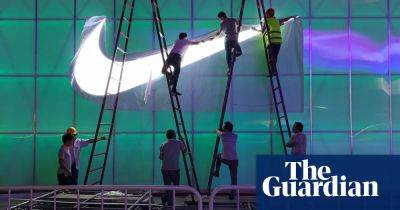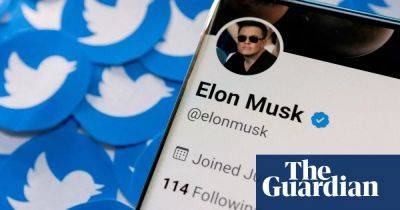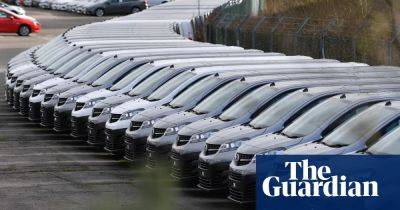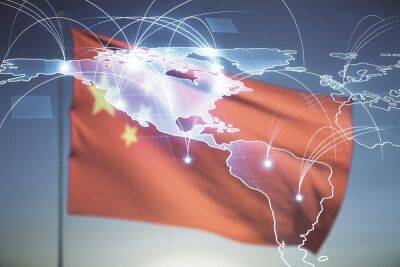‘Why would we employ people?’ Experts on five ways AI will change work
I n 1965, the political scientist and Nobel laureate Herbert Simon declared: “Machines will be capable, within 20 years, of doing any work a man can do.” Today, in what is increasingly referred to as the fourth industrial revolution, the arrival of artificial intelligence (AI) in the workplace is igniting similar concerns.
The European parliament’s forthcoming Artificial Intelligence Act is likely to deem the use of AI across education, law enforcement and worker management to be “high risk”. Geoffrey Hinton, known as the “godfather of AI”, recently resigned from his position at Google, citing concerns about the technology’s impact on the job market. And, in early May, striking members of the Writers Guild of America promised executives: “AI will replace you before it replaces us.”
Yet, according to Philip Torr, professor of engineering science at the University of Oxford, the fallibility of AI tools – driven not by emotion, but by data and algorithms – means that the presence of humans in the workplace will remain essential.
“Industrial revolutions in the past have typically led to more employment, not less,” says Torr. “I think that we’ll see the types of jobs changing, but that’s just a natural progression.”
Torr, an award-winning research fellow at the Alan Turing Institute in London, compares the impact of large language models (LLMs) such as ChatGPT to the advent of the word processor: an extremely useful tool that will fundamentally change the way we work.
He is generally optimistic that humans can coexist productively alongside such technologies – and he is not alone in this view. Many experts in the field believe that, with the right education and legislation, automation could have a positive impact on the
Read more on theguardian.com


















